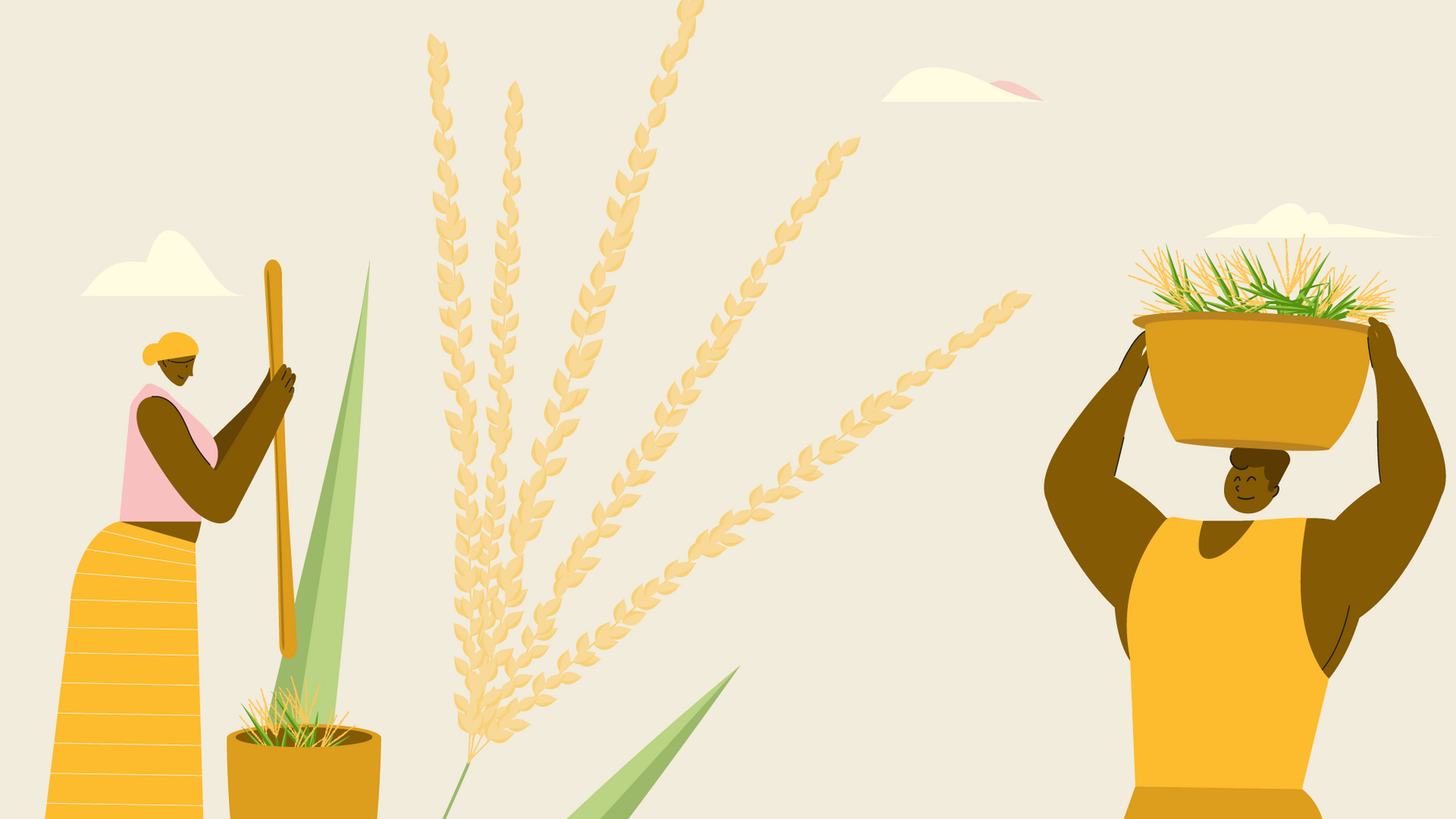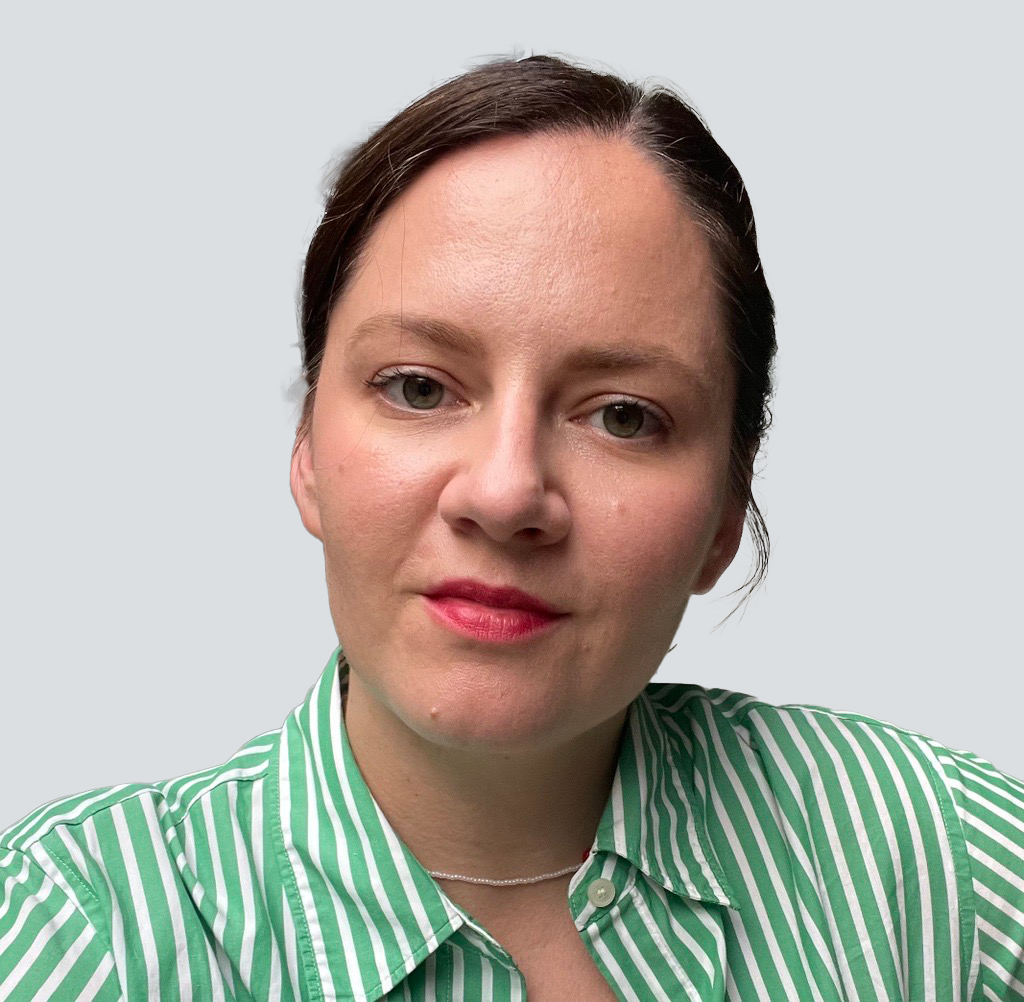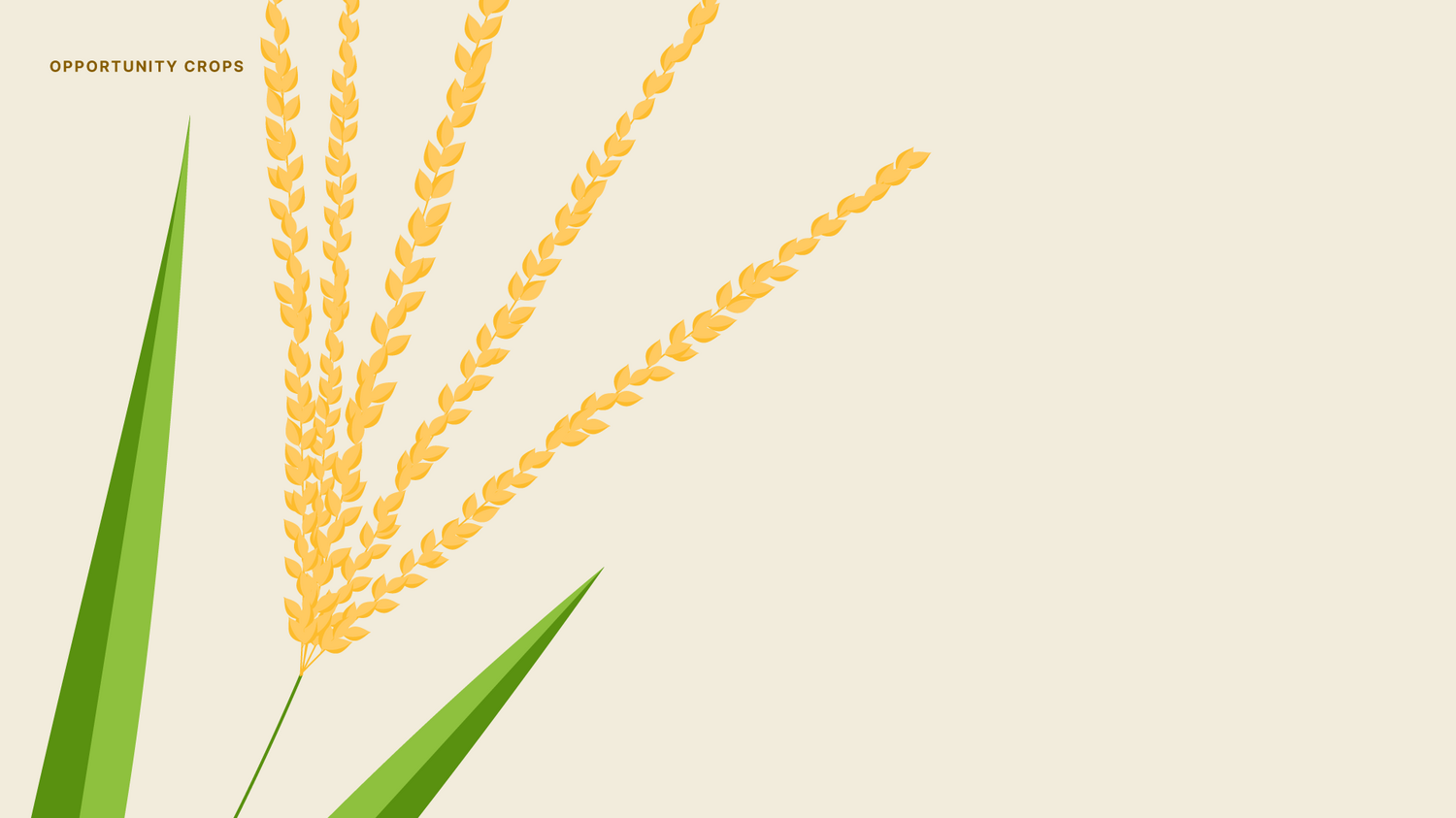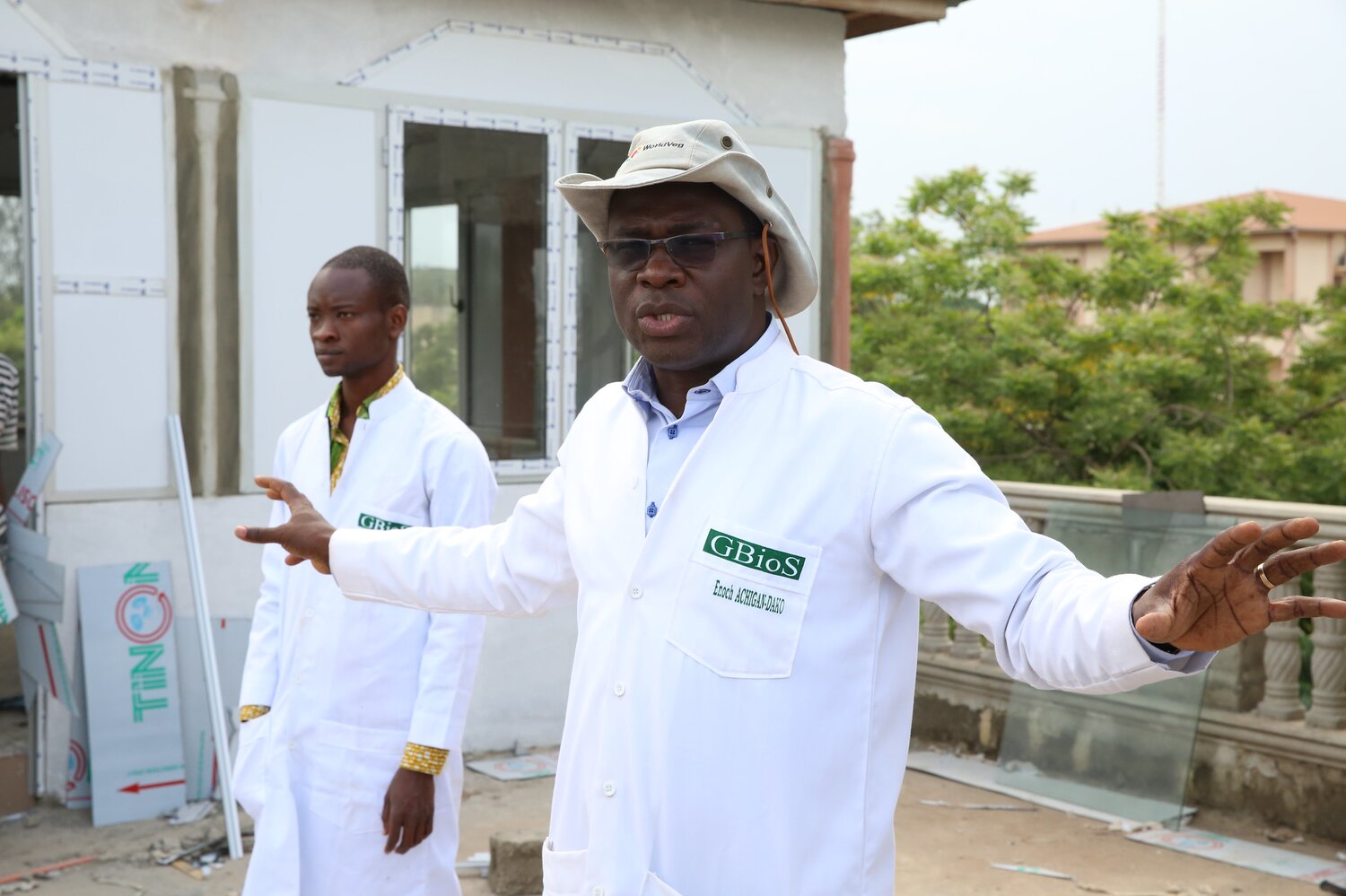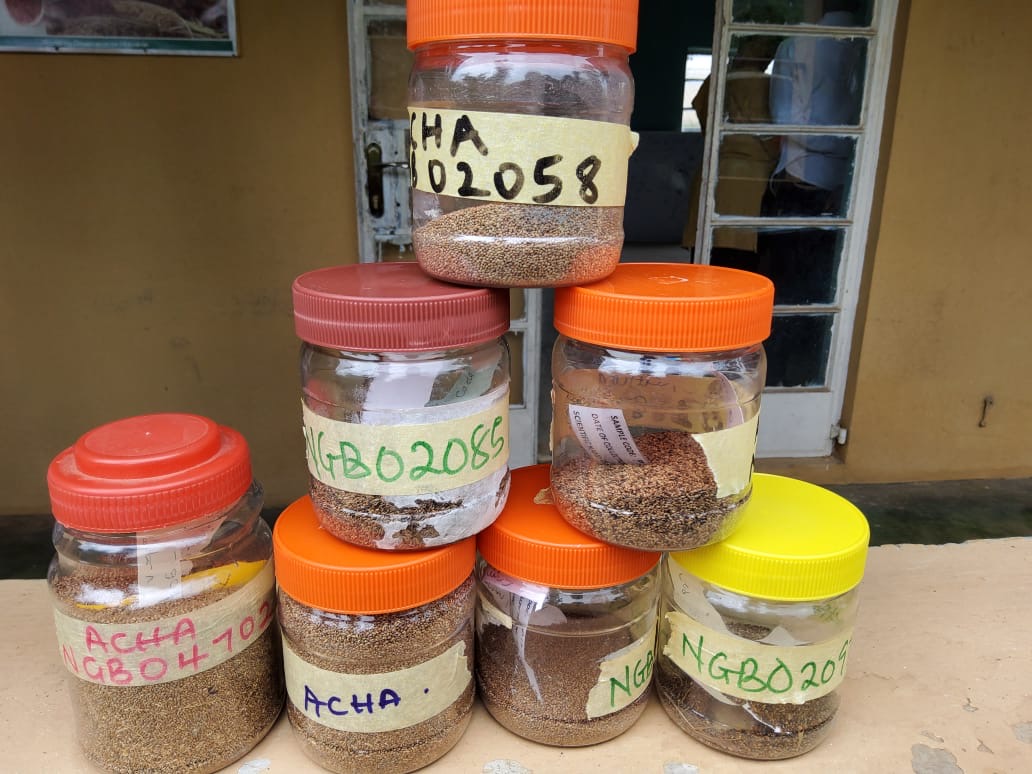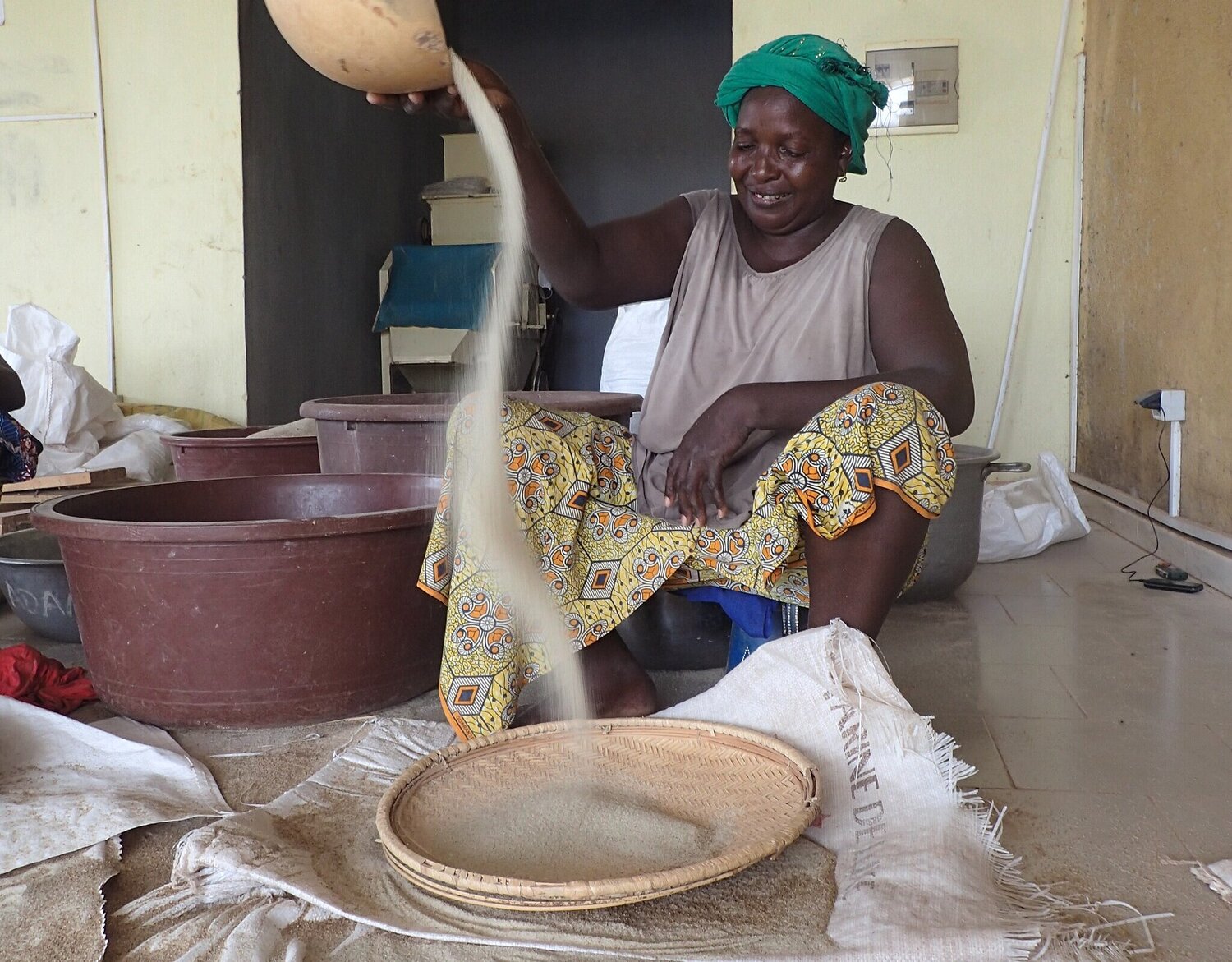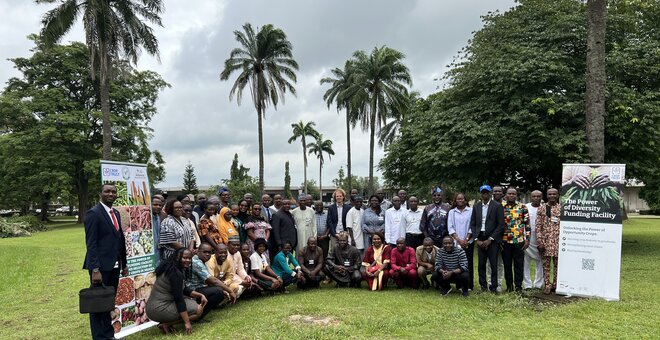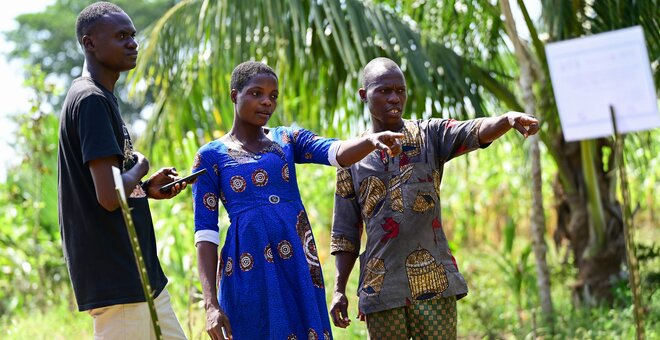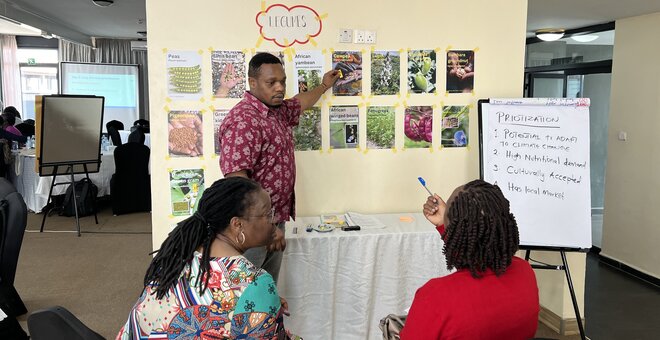CROP CHRONICLES: 19 August 2025
The Crop Trust’s Crop Chronicles are back. This time, we’re turning the spotlight on crops that have long been overlooked – but can play a big role in realizing a resilient future: opportunity crops.
It looks like 2025 is another year of extremes. Record-breaking temperatures are gripping the Northern Hemisphere. Headlines shout about 51.8 °C in the UAE and 41.8 °C in Japan. But in the Sahel, Kayes baked at 48.5 °C in April – a glimpse of the harsh reality facing farmers in some of the world’s most heat-vulnerable regions.
In places like these, farmers are on the frontlines. Crops wither, harvests fail and the hunger season stretches on – part of a global food crisis now affecting more than 330 million people in over 70 countries, more than twice the number before the pandemic.
What can be done? Lots of things, of course. But one particularly promising option that is gaining a lot of traction is to help farmers diversify the basket of crops they have at their disposal. There are many crops out there that do not get much support from research and extension services, and indeed policymakers, but could provide farmers with better opportunities to beat the heat. That’s why they’re called opportunity crops.
If you’re looking for a good example, say hello to fonio – a fast-growing, drought-tolerant grain that’s been cultivated in West Africa for centuries, but does not get much press, or investment. It is one of the quickest cereals to reach maturity, in just two to three months. Fonio thrives in poor soil with little water, making it ideal for drought-prone areas hit hard by climate change.
Small Grain, Big Opportunity
Often called “hungry season rice,” fonio helps bridge the food gap when other crops are still growing. It is especially appealing because the short time to maturity means it doesn’t have to withstand extreme conditions for long periods. Multiple cycles of fonio can be harvested in the same place in a year.
Fonio is resilient, delicious and nutritious. A traditional porridge made with fonio is rich in amino acids, including methionine and cysteine. It can replace couscous or rice alongside a main dish or stew. And it is gaining attention around the world as a source of flour for people who cannot eat gluten. With the incidence of celiac disease rising, it’s comforting to know there is a naturally gluten-free crop that delivers nutrients lacking in more widely grown cereals.
Fonio is used for more than just food in many parts of Africa. Its cultivation is rooted in ancient wisdom and traditional beliefs. It is a prestigious crop, for example used during weddings to symbolize harmony and family ties, according to Dr Enoch Gbenato Achigan-Dako, the head of Genetics and Plant Breeding and founder of the Genetics, Biotechnology and Seed Science Unit (GBioS) at the University of Abomey-Calavi in Benin.
What’s Holding Fonio Back?
Despite offering so many benefits, fonio remains neglected and underused. As a result, it is still largely absent from the global food agenda and far too many family dinner-tables even in Benin. Fonio has a promising future, but only if we address three main challenges.
First, processing fonio is labor-intensive. Its tiny grains are difficult to dehusk, though recent innovations are helping to mechanize this step.
“Because of the tiny size of the grains, trimming – removing the husk and other debris so the grain can be eaten and stored – is very difficult,” Professor Achigan-Dako says. “Small, specially adapted equipment is needed for cleaning and storage.”
Second, few research programs focus on tapping its diversity. As Dr Nora Castañeda, puts it, “The small size of fonio’s flower makes breeding difficult. But not impossible. We need to use the genetic diversity of the crop to develop new and improved varieties, alongside better agricultural practices.”
For it to be used, crop diversity must first be conserved, and made available to plant breeders, researchers and farmers. The diversity of fonio is safeguarded in genebanks in Benin, Mali and Nigeria – thanks to efforts by local institutes and international partners, including the Crop Trust.
The Centre de coopération internationale en recherche agronomique pour le développement (CIRAD) in France holds the largest collection of fonio in the world. In West Africa, genebanks at GBioS and neighboring Nigeria’s National Centre for Genetic Resources and Biotechnology (NACGRAB) both house significant collections. Right now, the focus is on collecting more samples before diversity is lost in the field.
“We have collected a lot of fonio diversity,” Professor Achigan-Dako says. “But we need to collect more in critical areas where accessibility can be difficult. Conservation is challenging when little funding is available.”
Third, these genebanks hold varieties that may thrive under future climate extremes, but they need long-term funding and stronger connections to farmers. Most farmers lack access to improved seeds, equipment and markets. Support for genebanks can help.
These challenges are further complicated by a lack of strong markets for fonio. Even with support for fonio conservation and use, the world is slowly waking up to the benefits of this resilient crop, though. “Farmers in Africa don't have access to markets,” says Pierre Thiam, a Senegalese chef and author best known for bringing West African cuisine to the global fine-dining world. “They have amazing crops, and fonio is a great example, they know how to grow them, but they’re limited to their own subsistence.”
What’s Next?
As the planet heats up and food systems face increasing stress, it’s time to turn to overlooked but time-tested crops and ensure that they have a long-term future.
“Fonio is ready. It grows fast. It nourishes culture and communities. It restores degraded land,” says Stefan Schmitz, executive director of the Crop Trust. “What’s missing is support for farmers, for genebanks, and for the science that could unlock its full potential. These are solvable problems which require investment, not just inspiration.”
In a recent stakeholder consultation workshop organized by the Power of Diversity Funding Facility, a participant from a local NGO that works closely with farmers lauded the choice of fonio as an opportunity crop in focus for his country: “Nigeria imports USD 360 billion worth of rice every year. With [greater investment in] fonio, there would be less pressure on foreign exchange. Plus, it will give farmers the opportunity to develop the industry better.”
Fonio and other opportunity crops can transform our food systems and make them fit for today's realities, but their full potential lies in their diversity. And that diversity needs to be protected in genebanks, which can ensure its long-term availability. Like opportunity crops, these living libraries of seeds deserve more attention and backing from donors, researchers and consumers. After all, they keep safe crops like fonio and all the diversity we need to solve food system problems today and deliver food security tomorrow.
This story is part of Crop Chronicles, a multimedia campaign that uncovers the stories of the crops that feed the world, the people who grow them and the race to adapt them to a changing climate.
Related stories
Nigeria Chooses Its Opportunity Crops
Several dozen people recently gathered in Ibadan, Nigeria to help the country face the future. They were not politicians or diplomats or economists. They were farmers, plant breeders, agricultural researchers, food industry...
14 Aug 2025
BOLDER’s Citizen Science Approach Unlocks New Opportunities for Underutilized Crops in Benin and Tanzania
During the first few hours of daylight – before the sun gets high and it’s too hot outside – experimental fields at the World Vegetable Center (WorldVeg) research station in Cotonou, Benin, are buzzing with activity. Solar-powered...
30 Jun 2025
From 100 to Four: Favorites in Focus for BOLDER Opportunity Crops
BOLDER Project Stakeholders Meet to Identify 15 Underutilized Species for Conservation and Use
Over 250 farmers, genebank experts, government representatives, and private-sector partners gathered in Benin, Ghana, Tanzania and...
14 Apr 2025

